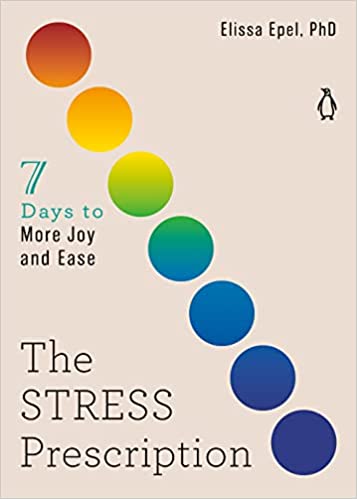Posts Tagged ‘deep breathing’
The 7 Habits of Highly Stress-Resilient Minds
Are you suffering from chronic stress? Many of us are—whether we’re stressed out by our jobs, complicated relationships, caregiving responsibilities, or the general state of the world. That’s where Elissa Epel’s new book, The Stress Prescription, comes in. A health psychologist and director of the Aging, Metabolism, and Emotions Center at the University of California, San…
Read MoreQ&A with Dr. Wendy Suzuki on the parasympathetic nervous system and harnessing anxiety for good
Anxiety can feel like a heavy weight that we didn’t ask to carry. Who wouldn’t love to get rid of it? But neuroscientist Wendy Suzuki wants to challenge the way we look at our anxiety. In fact, her new book is called Good Anxiety: Harnessing the Power of the Most Misunderstood Emotion. If you’re skeptical, so…
Read MoreStudy: A few slow-paced breaths are enough to significantly reduce physiological stress
It’s one of the first things parents and teachers tell a child who gets upset: “Take a deep breath.” But research into the effect of deep breathing on the body’s stress response has overwhelmingly ignored young children – and studies done with adults typically take place in a university lab, making them even less applicable…
Read More


